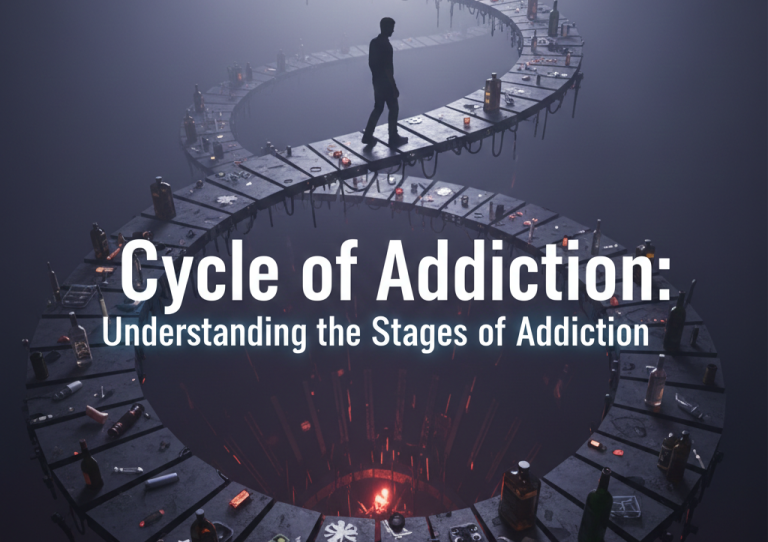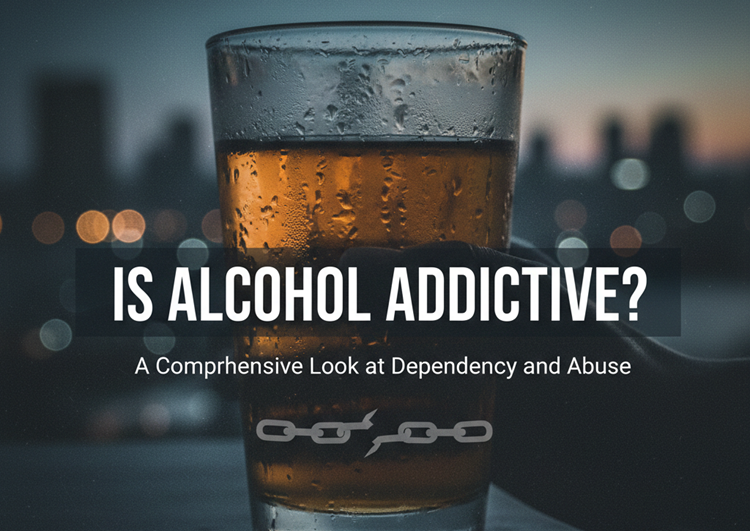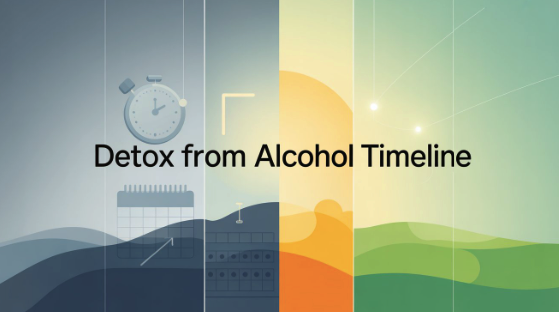Self-destructive behaviors refer to activities of self-destruction, purposefully or unconsciously. They may include either mild self-sabotaging tendencies or extreme tendencies such as substance abuse or self-mutilation. Whereas everyone might sometimes choose to take a decision that is not in his/her best interest, when such actions are persistent, erratic and uncontrollable, causing chronic harm to the mental, emotional, or physical health of a person, then it becomes an issue of self-destructive behavior.
In this blog, we discuss what self-destructive behaviors constitute, the root causative factors, the typical warning signs to watch, and what professional assistance, such as the kind available at Orlando Treatment Solutions, can do to assist in treating this condition.
What are Self-Destructive Behaviors?
The negative behaviors refer to self-destructive behaviors, which are negative behaviors that people choose to perpetrate against themselves, often unconsciously. Such behaviors may be direct, including cutting and substance abuse, or indirect, including sabotaging relationships, procrastination of important duties or unrealistic risks.
The most popular forms of self-destructive conduct are:
- Drug addictions (alcohol, drugs, drug abuse of prescription drugs)
- Cutting, burning or hitting oneself. Self-harm (hitting, cutting or burning self)
- Binge eating, Disordered eating (ranging), Purging
- Destroying relationships or careers
- Aging survival: Avoidance or extreme isolation
- Subchronic delay or neglect of self
Although some of these behaviors appear to be very different, they are all related to an ultimate goal which is to cope with strong emotions or mental aching, in an unhealthy manner.
Common Types of Self-Destructive Behaviors
Self-destructive behaviors are not always similar. There are those which are obvious as compared to those that are subtle and socially acceptable and therefore difficult to detect. These are some of the usual forms:
Substance Abuse
Excessive usage of drugs or alcohol is one of the prevalent acts of self-harm. It can begin as a solution to emotional pain but it tends to result in addiction, destroyed relationships and lifelong physical problems.
Self-Harm
Self-harm or direct actions of people who injure themselves, cutting, burning, hitting, and so on, is a direct manner in which people are ready to express inner pain. Although it can alleviate the short-term, it still confirms the sense of inferiority and loneliness.
Disordered Eating
Another way of being self-destructive is binge eating and/or purging or extreme restriction. Such bad habits are usually the result of bad body image and emotional trauma.
Sabotaging Relationships
Avoiding intimacy, going off at others, engaging in unneeded confrontations are some of the less obvious defense mechanisms people use to keep themselves safe- but at a price of attachment and comfort.
Avoidance and Procrastination
Although it might not be considered as something wrong on its own, avoiding roles or important decisions all the time can restrict the development and strengthen the feelings of failure and unworthiness.
Risk-taking
Undertaking risky behaviors such as unsafe sex, risky driving, or feeling the need to seek validation or tranquilization through drug use may be the means through which one means to be happy.
Self-Destructive Behavior Signs and Symptoms
The first step towards healing ought to be having the knowledge that you have a self-destructive habit. The symptoms might be dependent upon an individual but the symptoms are likely to be:
Frequently, the ability to make a decision and make it work or make something meaningful out of it is disappointing or fails.
- A battle against alcohol or drug abuse or binge drinking
- Intentionally pushing away people whom you love
- Refused assistance or discouraging assistance
- Engaging in unsafe or risky practices
- Feelings of guilt, shame, or self-hatred
- The closure of social life and self-imprisonment
- Being in a state of near numbness and using bad habits to get emotions
These patterns, in case they are not broken, can considerably deteriorate the quality of life of an individual, his or her relationships with others, employment, his or her health and the stability of the psyche.
Breaking the Cycle: Healing and Recovery
Self-destructive behavior is not an irrevocable affair; it can be defeated through the midst of professional and in some instances, insulting type of treatment. The therapy, self-awareness and systematic treatment programs may be regarded as successful coping skills and the recovery of a sense of self-worth can be learned.
Self-destructiveness is also quite traumatizing, and this is why we are at Orlando Treatment Solutions so that we can give you help in conquering this. The environment that is provided by our staff can be described as non-judgmental and, in certain cases, is even comfortable, through which the clients may set out on the path of finding the reasons behind their actions and resolving the healing process.
Rather, we are person-centered and our evidence-based treatment involves:
- Cognitive Behavioral Therapy (CBT): It aids in making individuals aware of changing their negative thinking patterns and behaviors.
- Dialectical Behavior Therapy (DBT): Is extremely effective with individuals affected with a failure to control their feelings as well as an indulgence in self-destruction.
- Trauma-informed care: Diagnoses the trauma that results in self-harming manifestations.
- Dual diagnosis care: The patient is struggling with the presence of co-occurring mental conditions and the ones associated with substance abuse.
- Group and Family therapy: A feeling of connectedness, accountability and healing is made with each other.
Healing does not mean perfection. It is an account of moving on, loving yourself, and seeking alternatives to solve life challenges.
Start Your Journey Toward Healing
Waiting is no option when you have someone close to you or yourself dealt with a self-destructive lifestyle. The worse they are, the more difficult it is to stop them as long as they are perpetuated. But when there is professional assistance, not only can there be recovery, but such is attainable.

Orlando Treatment Solutions is here to take the journey in your footsteps. We aim to enable people to overcome detrimental patterns and become the authors of the lives they feel good about in a warm, supportive environment and utilizing evidence-based treatment interventions.
Having Serious Thinking About it?
You do not need to do it alone. Call us at (321) 415-3213 today to speak with an addiction support specialist to find out more about our mental health and substance recovery programs. We will assist you in your hope, healing, and new beginning.



























